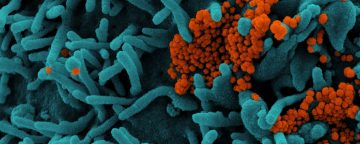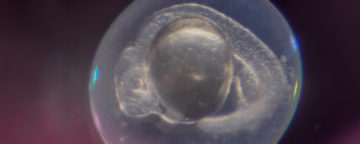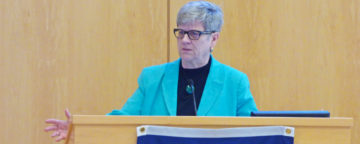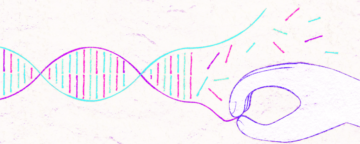In the April issue of Scientific American, scholar Kathleen Hall Jamieson explains how everyone can debunk misinformation about COVID, vaccines and masks.


In the April issue of Scientific American, scholar Kathleen Hall Jamieson explains how everyone can debunk misinformation about COVID, vaccines and masks.

FactCheck.org and Univision Noticias have received funding from the Google News Initiative to produce fact checks about COVID-19 immunization misinformation as short bilingual video explainers.

FactCheck.org has released its "whoppers of 2020" on the year's political fabrications. Once again, President Trump tops the list though President-elect Biden is on it, too.

Science leaders and scholars convened at Sunnylands retreats aimed at ensuring scientific integrity in research, authorship, gene editing and in judicial filings.

The Annenberg Science Media Monitor analyzes how the news media have presented narratives about science, from discovery to identifying problems to the "problem explored."

In its fourth report, the Annenberg Science Media Monitor focuses on media reports about crisis and self-correction in science and efforts to address them.

To sustain trust in science, scientists must more clearly show the public -- and each other -- that they honor scientific norms, Kathleen Hall Jamieson and other scholars assert in an article in PNAS.

Kathleen Hall Jamieson addressed state and local policy makers on science communication and finding reliable research to help with issues like a measles outbreak and the opioid crisis.

The Annenberg Public Policy Center has released two Science Media Monitor reports on how the media cover ethical questions on gene editing, and scientific retractions.